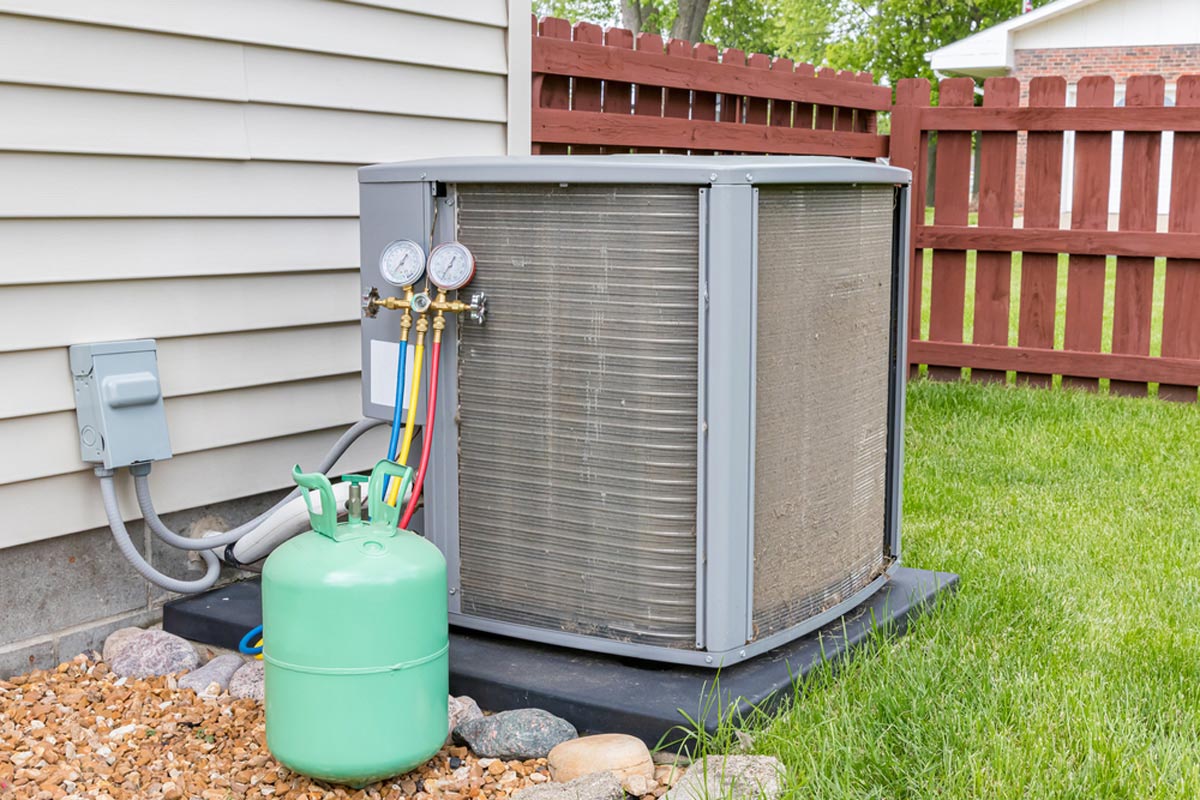

Articles
How Much Does HVAC Refrigerant Cost
Modified: December 7, 2023
Find out the current HVAC refrigerant cost and learn about the factors that affect pricing in our informative articles.
(Many of the links in this article redirect to a specific reviewed product. Your purchase of these products through affiliate links helps to generate commission for Storables.com, at no extra cost. Learn more)
Introduction
When it comes to maintaining the efficiency and functionality of your HVAC system, one important aspect to consider is the cost of HVAC refrigerant. Refrigerant is the lifeblood of your air conditioning and cooling system, allowing it to transfer heat and provide a comfortable indoor environment. However, the cost of HVAC refrigerant can vary depending on a number of factors, including the type of refrigerant, market demand, and availability.
In this article, we will explore the various factors that can affect the cost of HVAC refrigerant, the different types of refrigerants available, and how to determine the cost for your specific HVAC system. We will also provide some valuable tips on purchasing HVAC refrigerant and share information on where to purchase it.
Understanding the factors that influence HVAC refrigerant cost can help you make informed decisions and ensure that you get the best value for your money. So, let’s dive in and explore the fascinating world of HVAC refrigerants and their associated costs.
Key Takeaways:
- Understanding the factors influencing HVAC refrigerant cost, such as type, demand, and availability, helps in making informed purchasing decisions and optimizing system performance.
- Consider system compatibility, environmental impact, and regulatory compliance when purchasing HVAC refrigerant to ensure optimal performance, environmental responsibility, and legal compliance.
Read more: How Much Does HVAC Ductwork Cost
Factors Affecting HVAC Refrigerant Cost
The cost of HVAC refrigerant can vary significantly due to several factors. It’s essential to understand these factors to have a better understanding of why the cost may fluctuate. Here are some of the main factors that can affect the price of HVAC refrigerant:
1. Type of Refrigerant: Different types of refrigerants have varying costs. For instance, older refrigerants like R-22 (also known as Freon) tend to be more expensive since they are being phased out due to their negative impact on the environment. Newer refrigerants, such as R-410A, which are more environmentally friendly, may be less costly as they become more widely available.
2. Market Demand: The demand for HVAC refrigerants can fluctuate based on the time of year and economic factors. During warmer months, when air conditioning systems are in high demand, the cost of refrigerant may increase due to greater market demand. Conversely, during the colder months, the demand for refrigerant may decrease, leading to potential price reductions.
3. Availability: The availability of specific refrigerants can affect their cost. If a particular refrigerant is in short supply, it may result in a higher price due to limited availability. Additionally, if there are any restrictions or regulations on certain types of refrigerants, their scarcity can drive up the cost even further.
4. Manufacturer Pricing: Different manufacturers may price their refrigerants differently. Factors such as production costs, brand reputation, and market positioning can influence the price set by the manufacturer. It’s worth comparing prices from different manufacturers to ensure you are getting the best value for your HVAC refrigerant.
5. Location: Geographic location plays a role in determining the cost of HVAC refrigerant. Prices can vary from region to region due to transportation costs, local supply and demand dynamics, and other regional factors. It’s essential to consider local market conditions when estimating the cost of HVAC refrigerant.
6. Quantity and Packaging: The quantity and packaging of the refrigerant can also impact its price. Buying refrigerant in bulk or larger quantities can often lead to volume discounts. Additionally, the type of packaging, such as cylinders or drums, can affect the overall cost.
Understanding these factors can help you anticipate potential fluctuations in HVAC refrigerant cost and make informed decisions when purchasing or servicing your system. It’s important to consult with a reputable HVAC professional or supplier who can provide guidance specific to your needs and location.
Types of HVAC Refrigerants
There are several types of HVAC refrigerants used in air conditioning and cooling systems. Each type has its own unique properties and characteristics. Here are some of the most common types of HVAC refrigerants:
- R-22 (Freon): R-22 is one of the oldest and most widely used refrigerants in the HVAC industry. It has excellent cooling properties and thermal stability. However, due to its ozone-depleting potential, it is being phased out and replaced with more environmentally friendly alternatives.
- R-410A: R-410A is a popular and widely used refrigerant found in most modern air conditioning systems. It is a hydrofluorocarbon (HFC) refrigerant, which does not contribute to ozone depletion. R-410A has higher energy efficiency and superior cooling capacity compared to R-22.
- R-134a: R-134a is commonly used in automotive air conditioning systems and some small commercial refrigeration units. It is a hydrofluorocarbon (HFC) refrigerant and does not contain chlorine, making it environmentally friendly. R-134a is less efficient than R-22 or R-410A, but it has a lower impact on global warming potential.
- R-407C: R-407C is a blend of hydrofluorocarbon (HFC) refrigerants used as a replacement for R-22. It offers similar performance to R-22, making it a popular choice for retrofitting existing systems. R-407C has a lower ozone depletion potential and moderate global warming potential.
- R-404A: R-404A is a hydrofluorocarbon (HFC) refrigerant primarily used in commercial refrigeration and chiller systems. It has excellent cooling capacity and is known for its low toxicity. However, like other HFCs, it has a high global warming potential and is gradually being phased out in favor of more environmentally friendly options.
It’s important to note that the choice of HVAC refrigerant depends on several factors, including the type of system, regulations in your region, and environmental considerations. It is crucial to consult with a qualified HVAC professional or refer to the manufacturer’s recommendations to determine the appropriate refrigerant for your specific system.
Cost of Common HVAC Refrigerants
The cost of HVAC refrigerants can vary depending on factors such as availability, market demand, and type of refrigerant. Here is a general overview of the cost range for some common HVAC refrigerants:
- R-22 (Freon): As R-22 is being phased out due to environmental concerns, its availability is decreasing, leading to a significant increase in cost. Currently, the price of R-22 can range from $50 to $150 per pound, making it one of the most expensive refrigerants in the market.
- R-410A: R-410A, being the preferred replacement for R-22, has become more prevalent and accessible. The cost of R-410A can range from $20 to $40 per pound, depending on factors such as location and quantity purchased.
- R-134a: R-134a is commonly used in automotive air conditioning systems. It is generally less expensive compared to other refrigerants, with a cost range of $5 to $15 per pound.
- R-407C: R-407C, a popular retrofit option for systems using R-22, has a cost range of $15 to $30 per pound, making it a cost-effective alternative for R-22 replacement.
- R-404A: The cost of R-404A can range from $30 to $60 per pound. However, due to its high global warming potential, it is gradually being phased out and replaced by more environmentally friendly alternatives.
It’s important to note that the prices mentioned above are rough estimates and can vary based on factors such as location, quantity purchased, and market conditions. Additionally, it’s worth considering other related costs, such as labor charges for refrigerant handling and disposal.
To get the most accurate and up-to-date pricing information, it is advisable to consult with HVAC professionals or reputable suppliers who can give you specific quotes based on your location and requirements. They can also provide guidance on the best options to suit your HVAC system and budget.
When purchasing HVAC refrigerant, consider the type of refrigerant needed for your system, as well as the quantity required. Prices can vary based on these factors, so it’s important to do your research and compare costs from different suppliers.
How to Determine HVAC Refrigerant Cost for Your System
Calculating the cost of HVAC refrigerant for your specific system requires considering several factors. Here are some steps to help you determine the HVAC refrigerant cost for your system:
- Identify the type of refrigerant: Determine the specific refrigerant type used in your HVAC system. This information can usually be found in the system’s user manual or by consulting an HVAC professional.
- Determine the refrigerant capacity: Find out the total amount of refrigerant required for your system. This information can be obtained from the system’s manufacturer or an HVAC professional. Refrigerant capacity is typically measured in pounds or kilograms.
- Research market prices: Conduct research to determine the current market price range for the specific refrigerant type. This can involve checking prices from multiple suppliers and online sources to get an accurate idea of the cost per pound.
- Multiply refrigerant capacity by cost: Multiply the refrigerant capacity of your system by the cost per pound of the chosen refrigerant type. This calculation will give you an estimate of the total cost of refrigerant needed for your system.
- Consider additional costs: Keep in mind that there might be additional costs associated with refrigerant handling, disposal, and labor charges. Factor in these costs to get a more comprehensive estimate of the overall refrigerant cost for your system.
- Consult with HVAC professionals: If you’re unsure about the specific refrigerant requirements or pricing, it’s always advisable to consult with experienced HVAC professionals. They can provide accurate information and guidance based on your system’s specifications and local market conditions.
By following these steps and considering various factors, you can determine the estimated cost of HVAC refrigerant for your system. Remember that the cost may vary based on factors such as location, market conditions, and the amount of refrigerant required.
It’s essential to purchase refrigerant from reputable suppliers and ensure that it is handled and installed correctly, following industry guidelines and regulations. Proper installation and maintenance of the refrigerant in your HVAC system can help optimize its performance and longevity.
Read more: How Much Does An HVAC Inspection Cost
Factors to Consider When Purchasing HVAC Refrigerant
When purchasing HVAC refrigerant, there are several factors that you should consider to ensure you make an informed decision. By taking these factors into account, you can ensure the refrigerant you choose is both suitable for your system and meets your specific requirements. Here are some key factors to consider:
- System Compatibility: Different HVAC systems require specific types of refrigerants. It’s crucial to ensure the refrigerant you purchase is compatible with your system’s specifications and manufacturer recommendations. Using an inappropriate refrigerant can cause damage to your system or lead to poor performance.
- Environmental Impact: Consider the environmental impact of the refrigerant you choose. Opt for refrigerants with lower global warming potential and ozone depletion potential to minimize harm to the environment. Earth-friendly alternatives like hydrofluorocarbons (HFCs) are designed to have reduced environmental impact compared to older refrigerants like chlorofluorocarbons (CFCs) and hydrochlorofluorocarbons (HCFCs).
- Regulatory Compliance: Ensure that the refrigerant you purchase complies with local regulations and guidelines. Different regions may have specific restrictions or requirements regarding the use of certain refrigerants. Familiarize yourself with these regulations to avoid any legal issues and ensure you are in compliance.
- Certification and Quality: Purchase refrigerants from reputable suppliers who provide certified products. Look for well-known brands and check for certifications such as AHRI (Air-Conditioning, Heating, and Refrigeration Institute) or UL (Underwriters Laboratories) to ensure quality and reliability.
- Packaging and Quantity: Consider the quantity of refrigerant you require for your system and the packaging options available. Buying in larger quantities can often lead to cost savings. However, make sure to store the refrigerant properly and safely to maintain its quality and performance.
- Price: Compare prices from different suppliers to ensure you’re getting a fair deal. However, it’s important not to compromise quality for the sake of cost savings. Look for a balance between affordability and quality to ensure you’re getting a reliable and efficient refrigerant.
By considering these factors, you can make an informed decision when purchasing HVAC refrigerant. If you have any doubts or questions, consult with HVAC professionals or experienced suppliers who can provide guidance tailored to your specific needs and system requirements.
Where to Buy HVAC Refrigerant
When it comes to purchasing HVAC refrigerant, it’s important to buy from reputable sources to ensure you’re getting a quality product. Here are some common places where you can purchase HVAC refrigerant:
- HVAC Supply Stores: Local HVAC supply stores are often a reliable option for purchasing refrigerant. These stores specialize in HVAC equipment and products, including refrigerants. They can provide you with expert advice and guidance on the right type of refrigerant for your system.
- Online Retailers: There are several online retailers that sell HVAC refrigerant. These retailers offer convenient shopping options and often have a wide variety of refrigerants available. Make sure to purchase from reputable online sellers and check customer reviews before making a purchase.
- Wholesale Suppliers: Wholesale suppliers can be a cost-effective option for purchasing HVAC refrigerant in bulk quantities. They typically cater to HVAC professionals, contractors, and large-scale users. If you have a significant refrigerant needs or operate as an HVAC business, wholesale suppliers may offer competitive pricing and volume discounts.
- Manufacturer Authorized Dealers: Some manufacturers have authorized dealers that sell their specific brand of refrigerants. These dealers can provide you with genuine products and ensure that you’re using the recommended refrigerant for your system. Check the manufacturer’s website or contact their customer service to find authorized dealers in your area.
- Local HVAC Contractors: HVAC contractors may have refrigerant available for sale. However, it’s important to ensure that the contractor is licensed and reputable. They can also help you determine the right refrigerant for your system and provide professional installation services if needed.
- Trade Associations: HVAC trade associations or industry organizations may have connections with suppliers or offer resources to help you find reliable sources for purchasing HVAC refrigerant. They provide a network of trusted professionals who can guide you in finding reputable suppliers.
Before making a purchase, it’s essential to consider factors such as product quality, pricing, certifications, and local regulations. Ensure that the supplier is legitimate, provides proper documentation, and complies with environmental regulations.
Remember that proper handling and installation of HVAC refrigerant should be undertaken by qualified professionals. If you’re not familiar with refrigerant handling, it’s recommended to hire a licensed HVAC technician to ensure safety and compliance with industry standards.
By purchasing HVAC refrigerants from trustworthy sources, you can have confidence in the quality and reliability of the product, ensuring optimal performance and longevity for your HVAC system.
Conclusion
Understanding the cost and factors associated with HVAC refrigerant is essential for anyone responsible for the maintenance and operation of HVAC systems. HVAC refrigerant plays a crucial role in the cooling and air conditioning process, and its proper selection and management are key to achieving optimal performance and efficiency.
Factors such as the type of refrigerant, market demand, availability, and location can influence the cost of HVAC refrigerant. It’s important to consider these factors when estimating the cost and planning for refrigerant purchases.
When purchasing HVAC refrigerant, it’s crucial to ensure compatibility with your system, comply with environmental regulations, and prioritize the quality and reliability of the refrigerant. Consulting with HVAC professionals and reputable suppliers can help you make informed decisions and select the right refrigerant for your specific system requirements.
Proper handling and installation of HVAC refrigerant should be performed by qualified technicians to ensure safety and compliance. Regular maintenance and monitoring of refrigerant levels are also essential to optimize system performance, prolong equipment life, and reduce energy consumption.
By being knowledgeable about HVAC refrigerant, its cost, and the factors affecting it, you can make informed decisions that will contribute to the efficient and effective operation of your HVAC system. With the right refrigerant and proper management, you can achieve optimal cooling and air conditioning while minimizing environmental impact.
Remember, it’s always advisable to consult with HVAC professionals and follow industry best practices to ensure that you are making the most cost-effective and environmentally responsible decisions regarding HVAC refrigerant.
Frequently Asked Questions about How Much Does HVAC Refrigerant Cost
Was this page helpful?
At Storables.com, we guarantee accurate and reliable information. Our content, validated by Expert Board Contributors, is crafted following stringent Editorial Policies. We're committed to providing you with well-researched, expert-backed insights for all your informational needs.

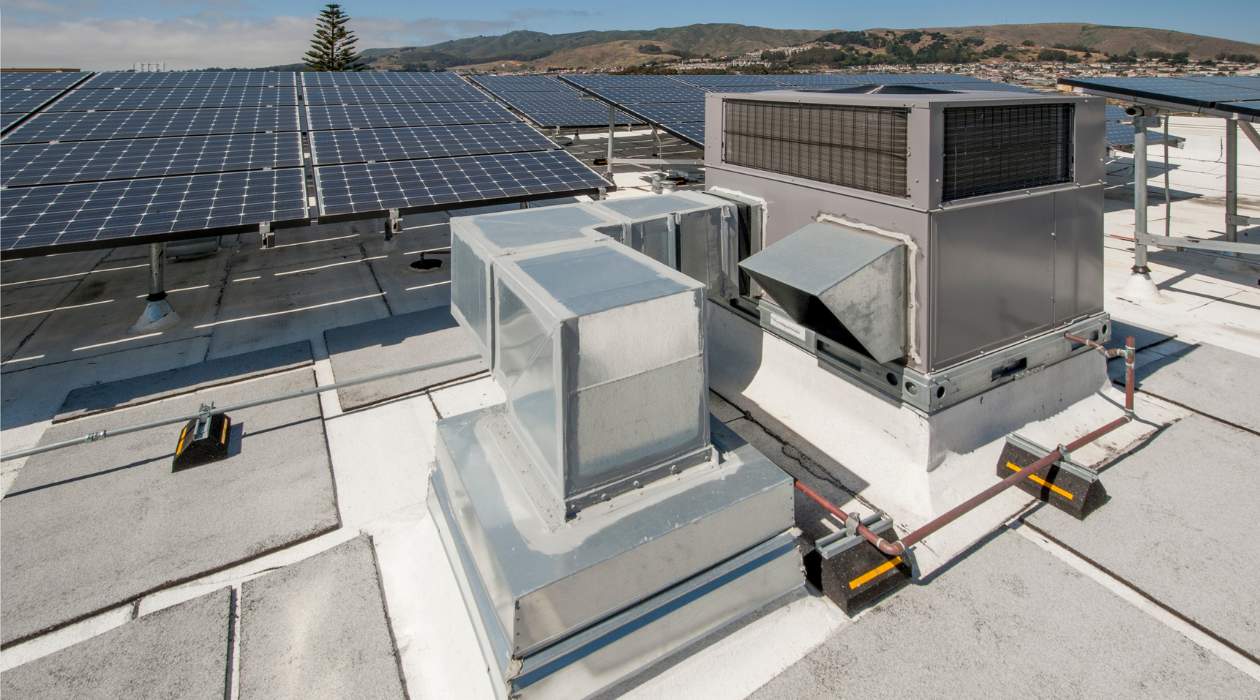
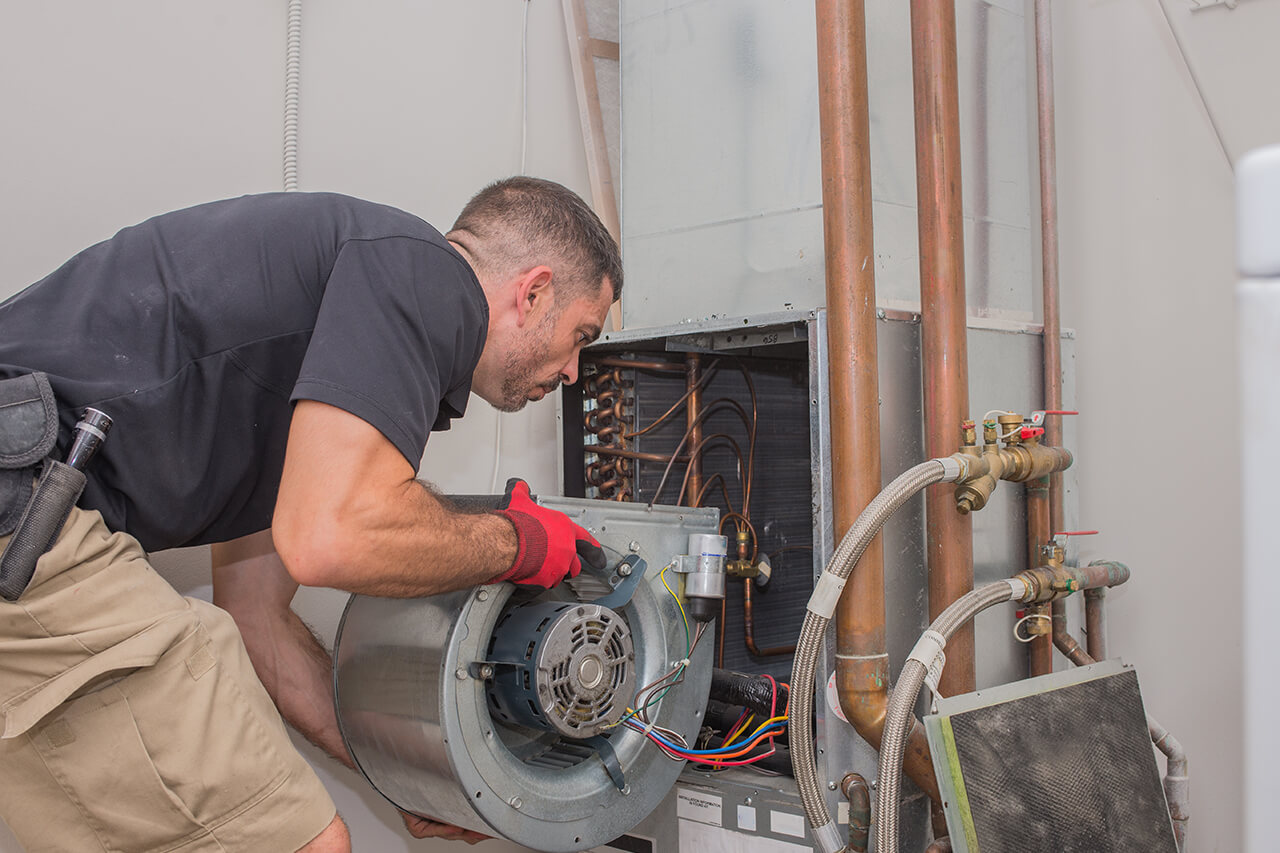
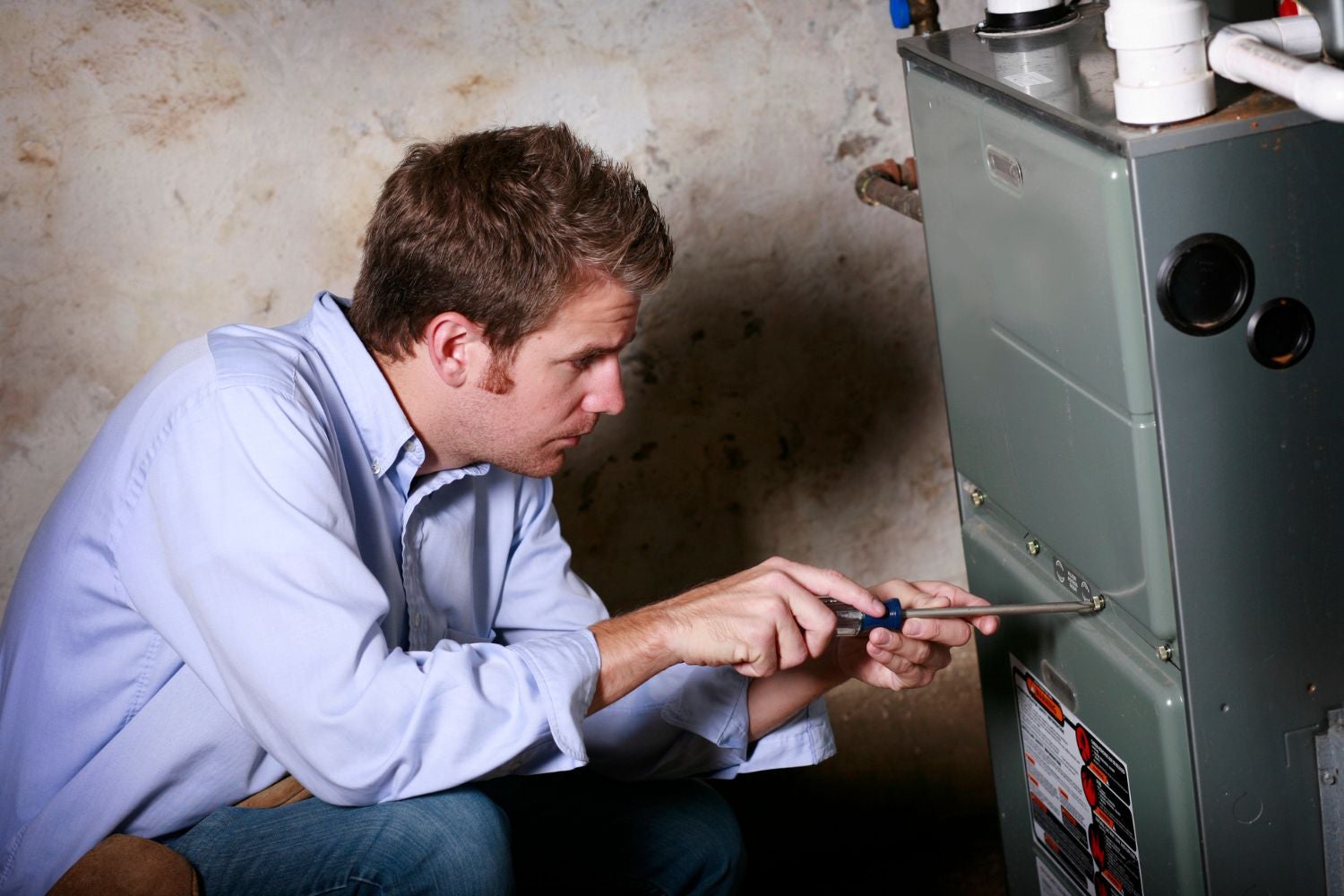
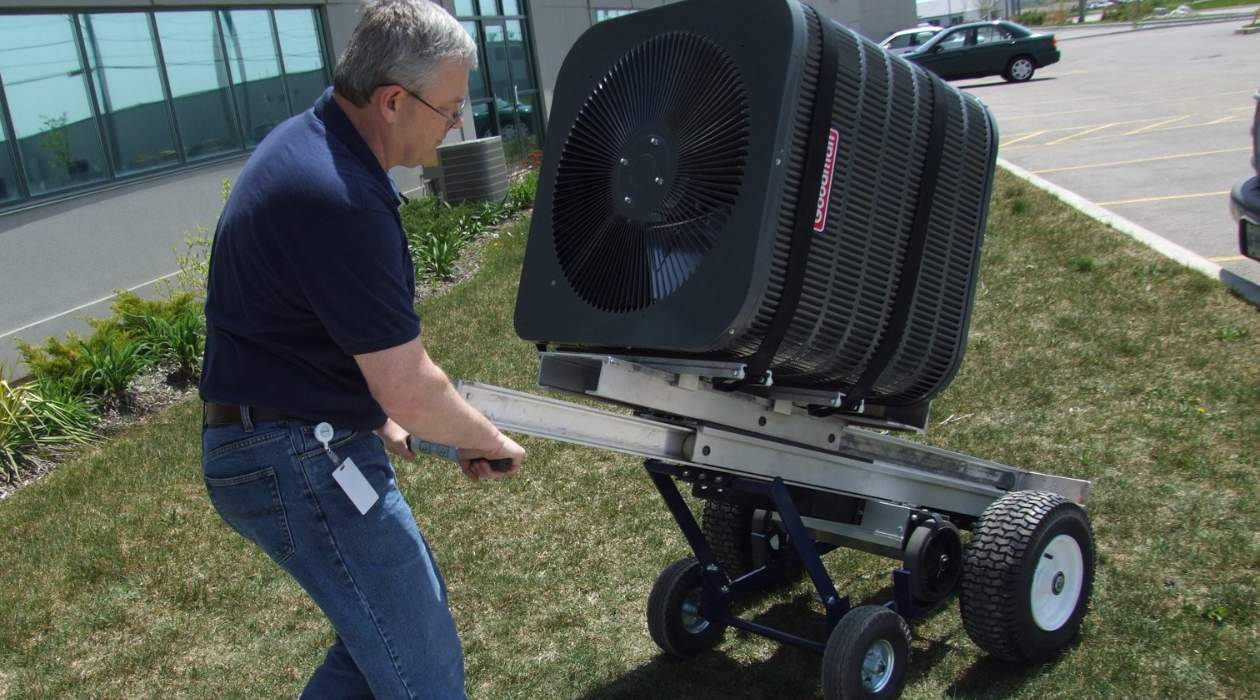
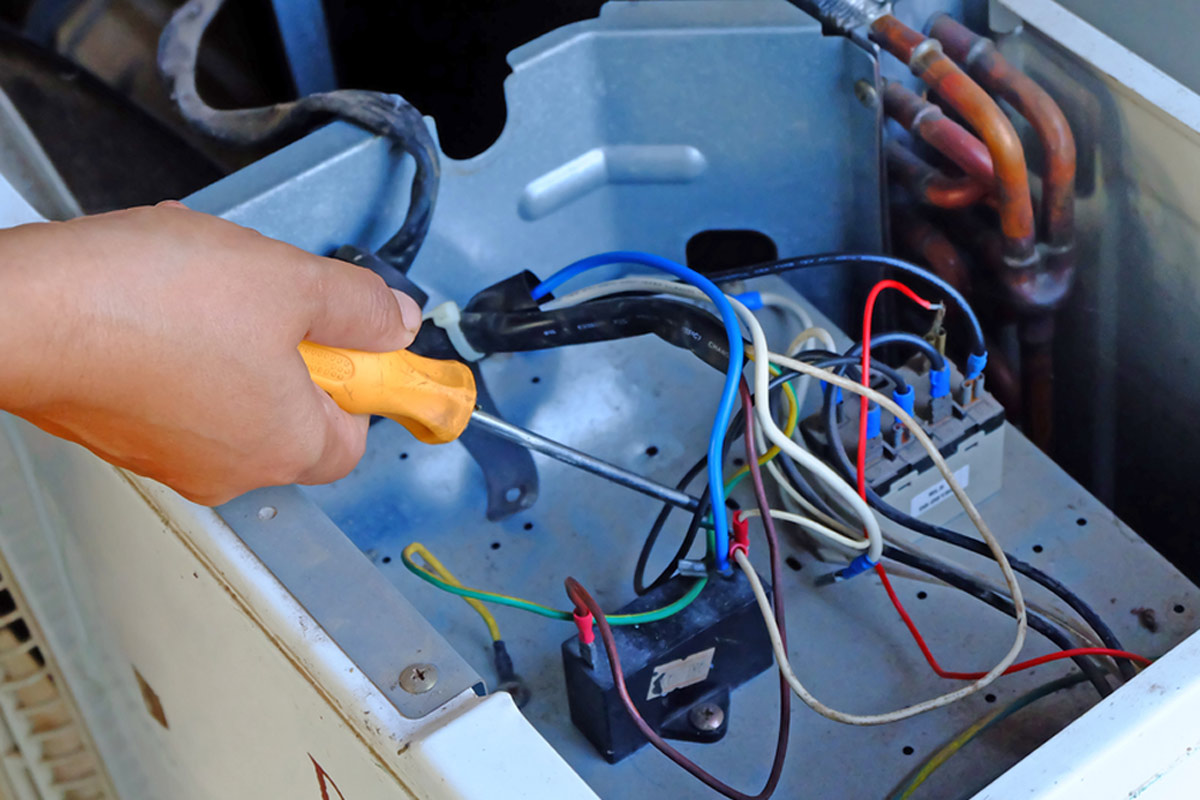
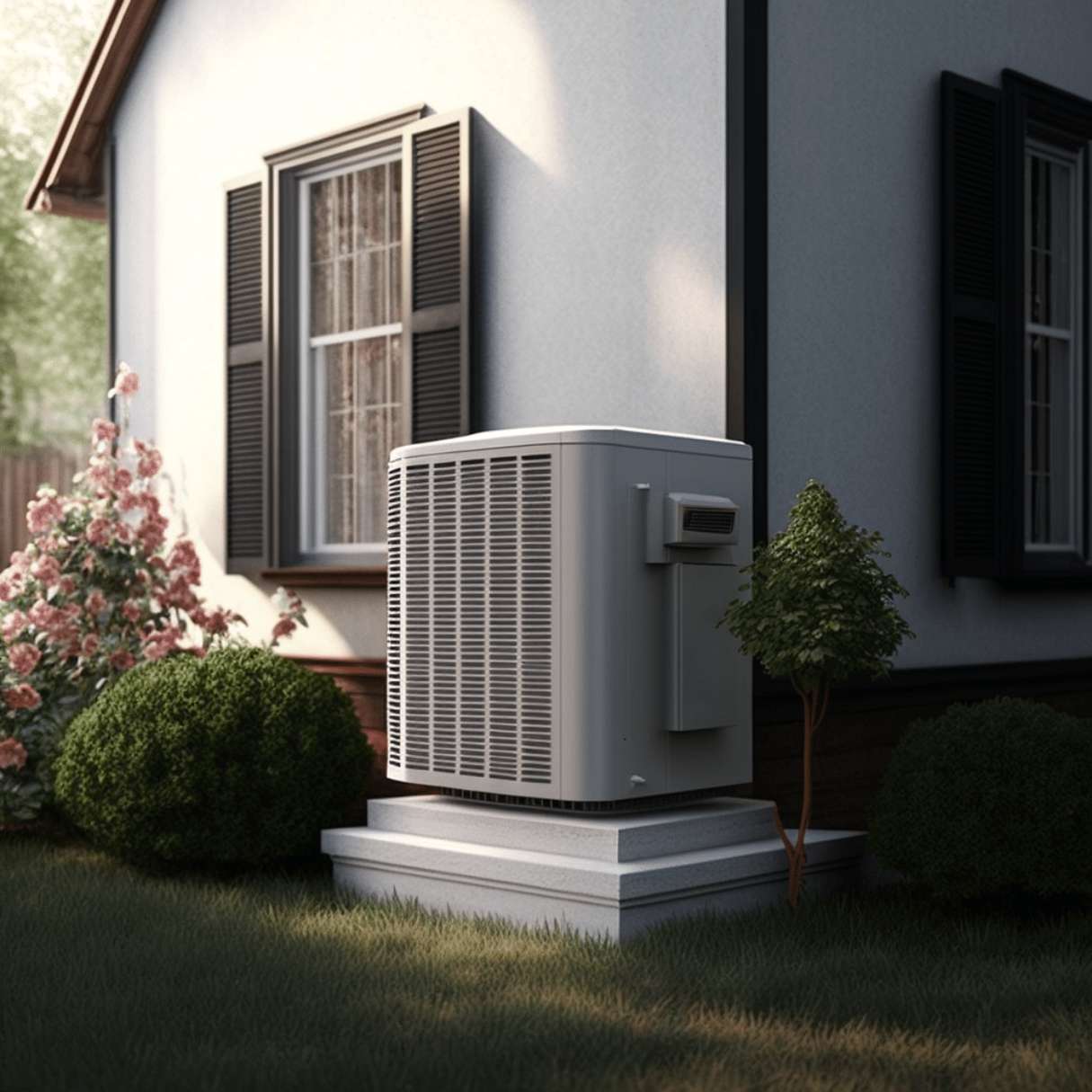
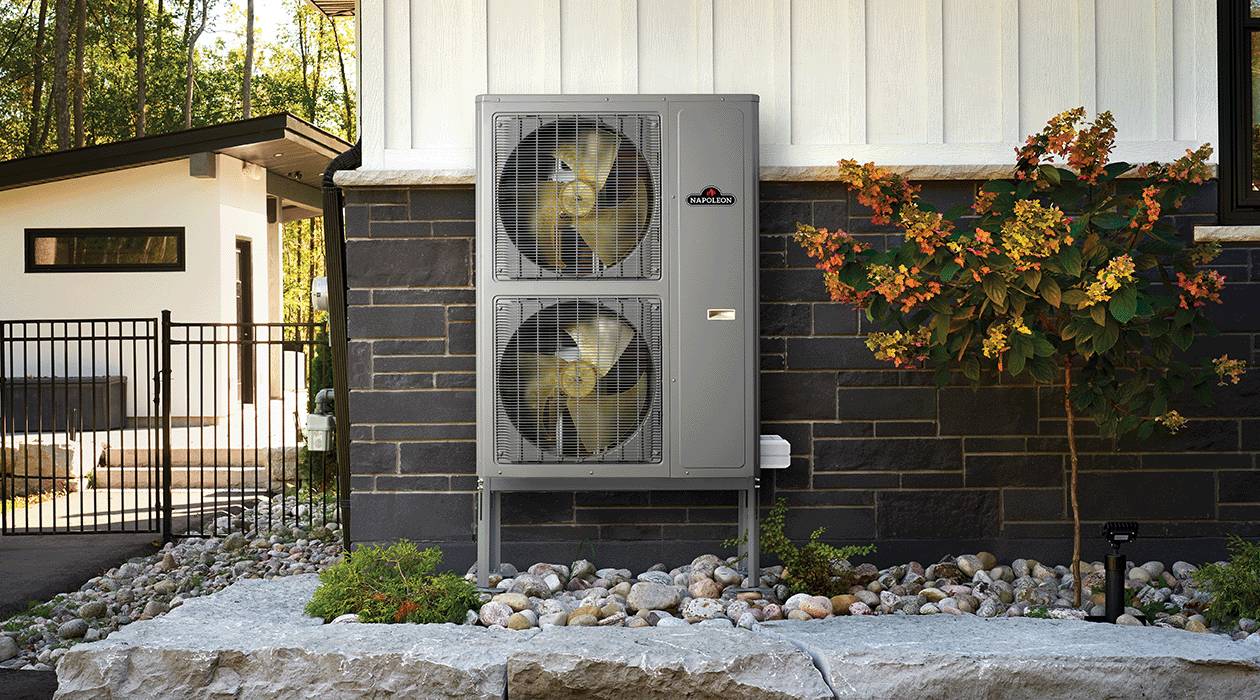
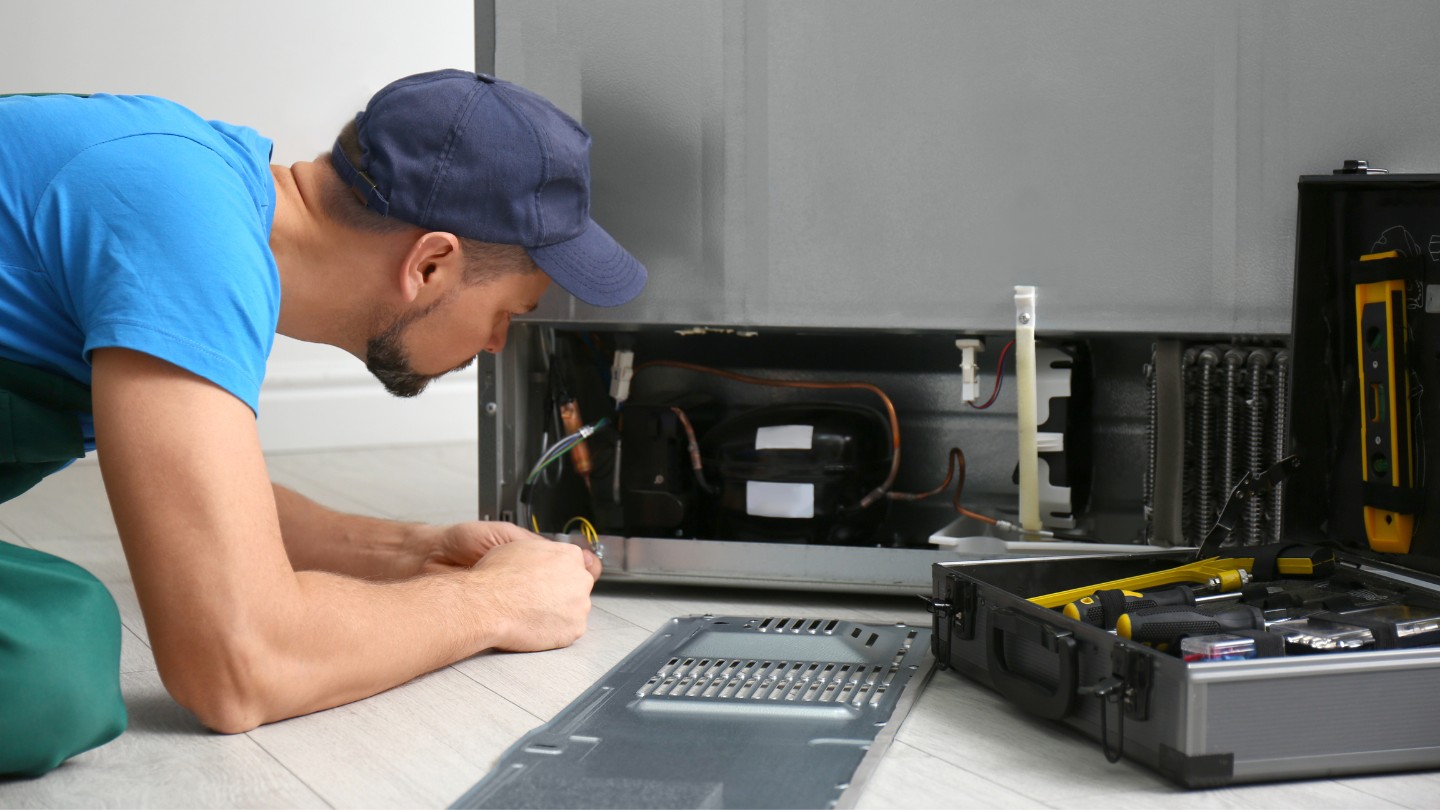

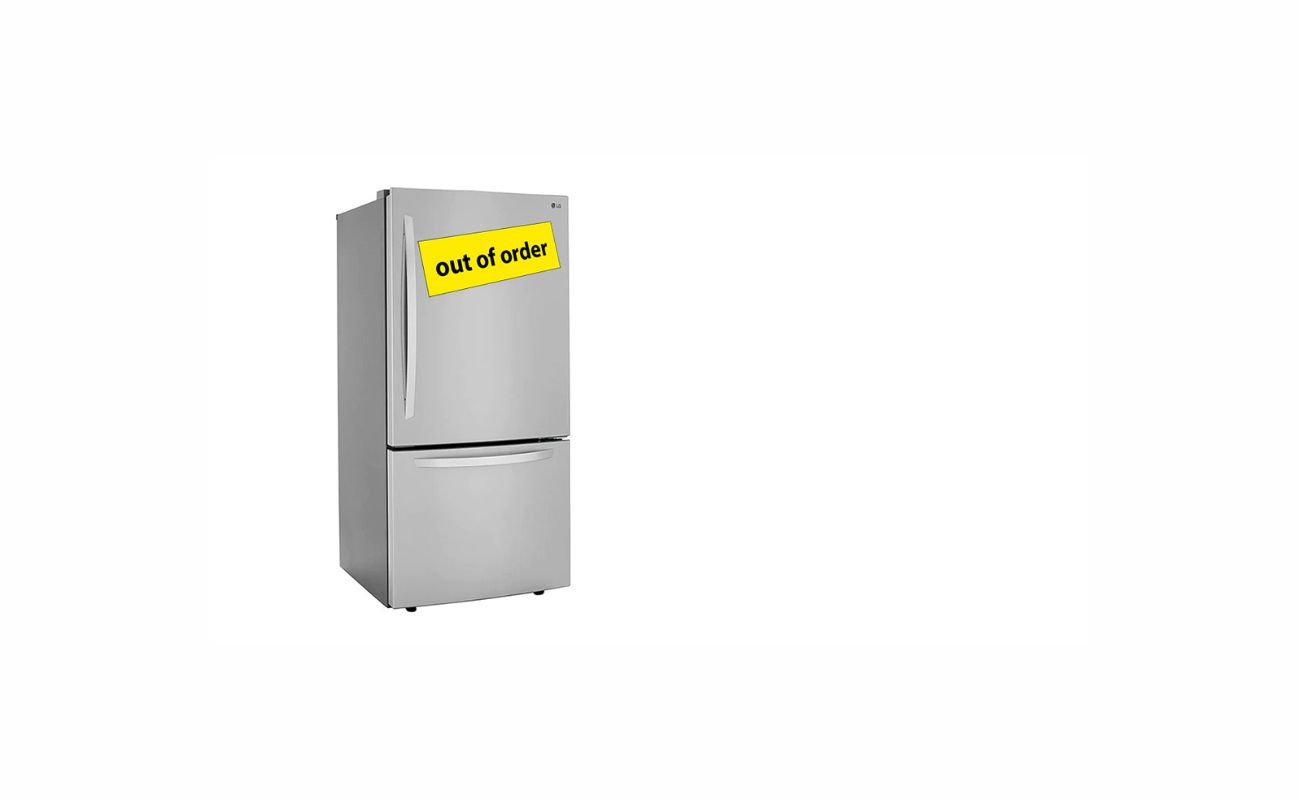

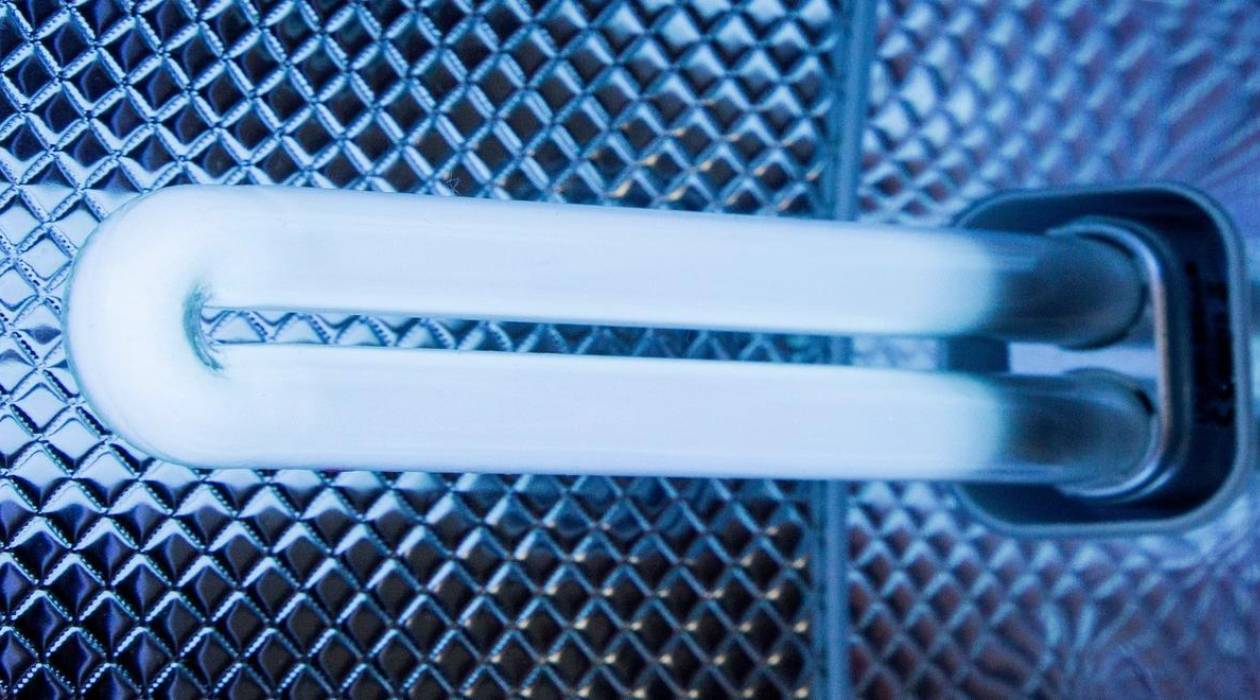
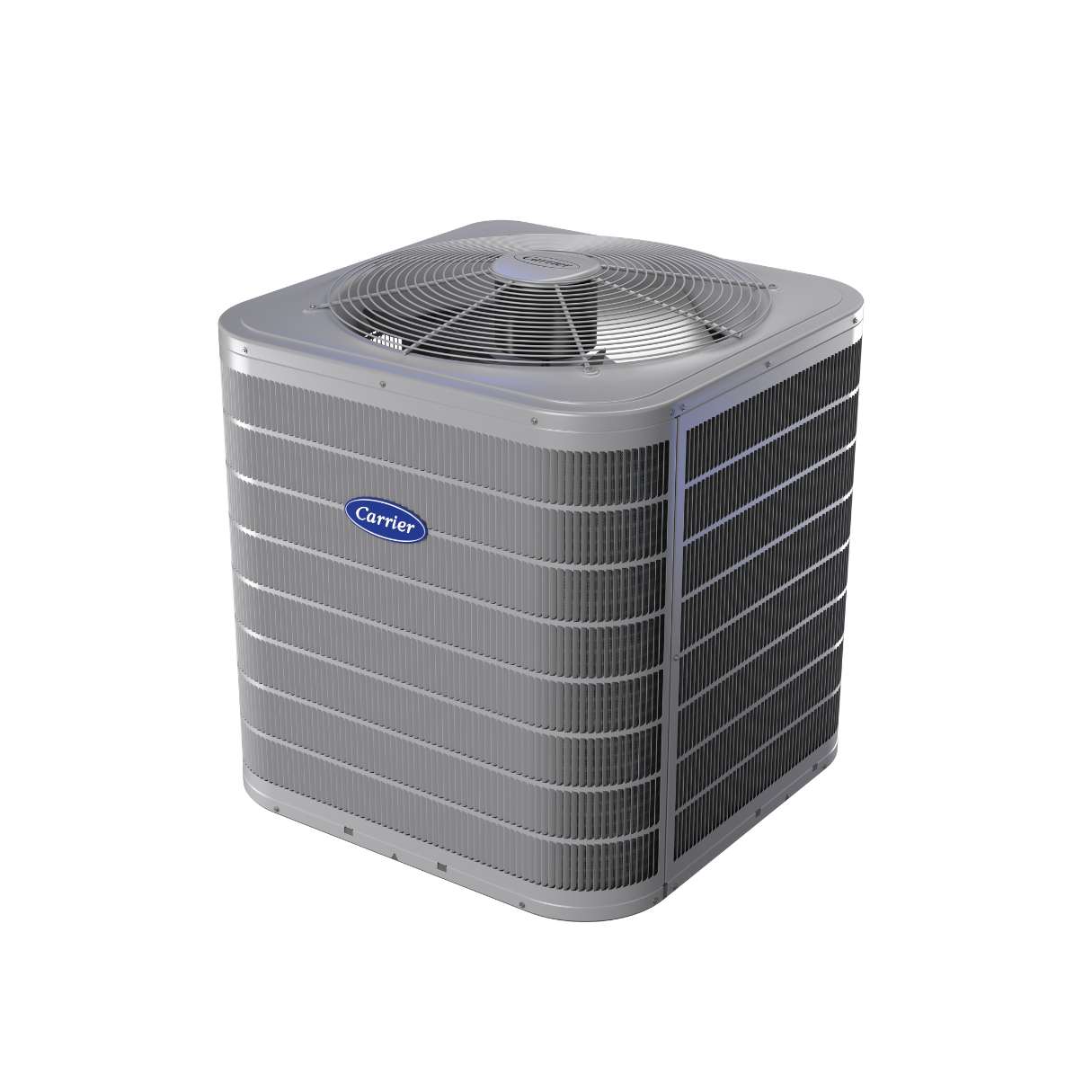

0 thoughts on “How Much Does HVAC Refrigerant Cost”